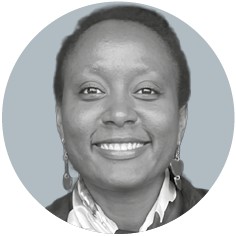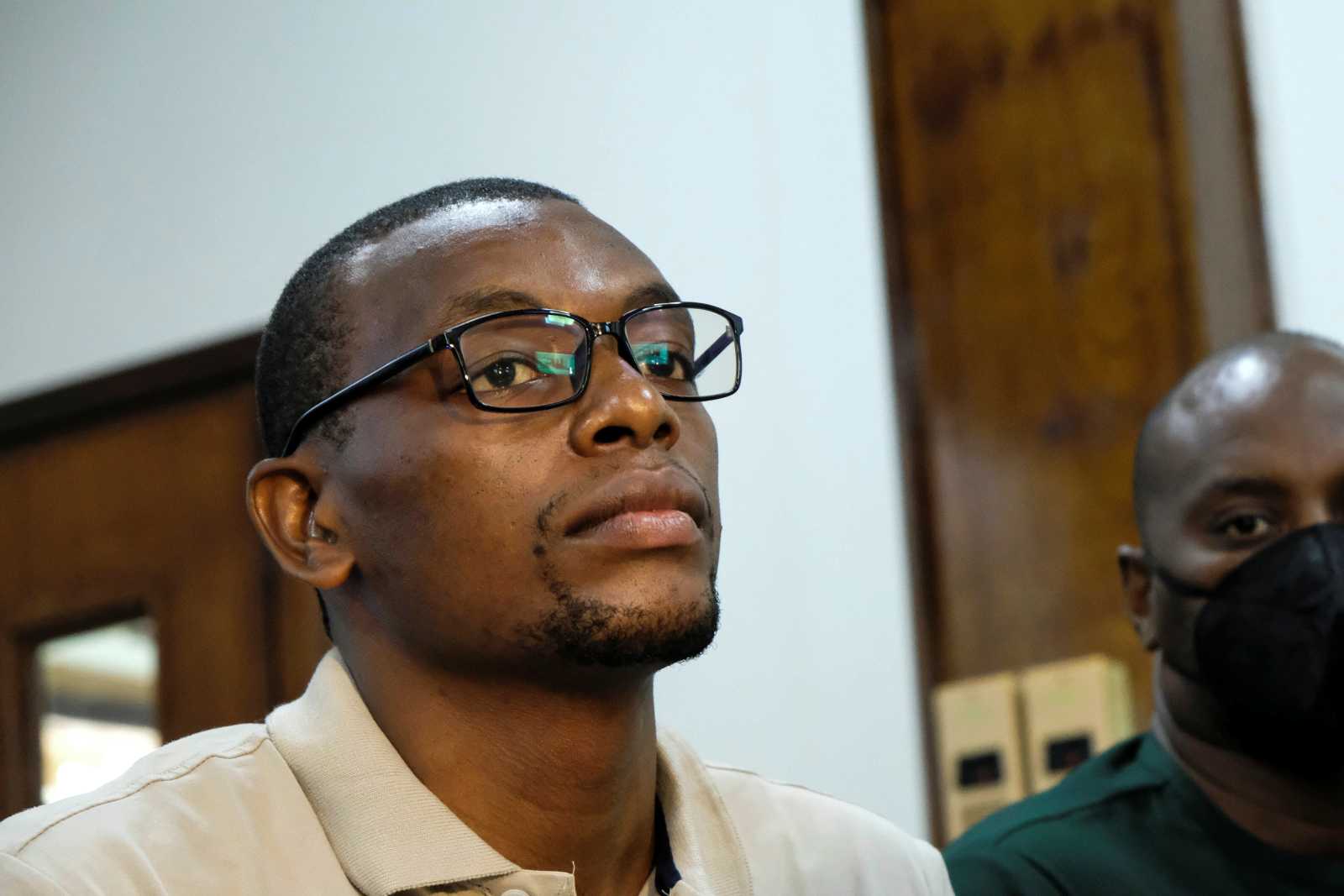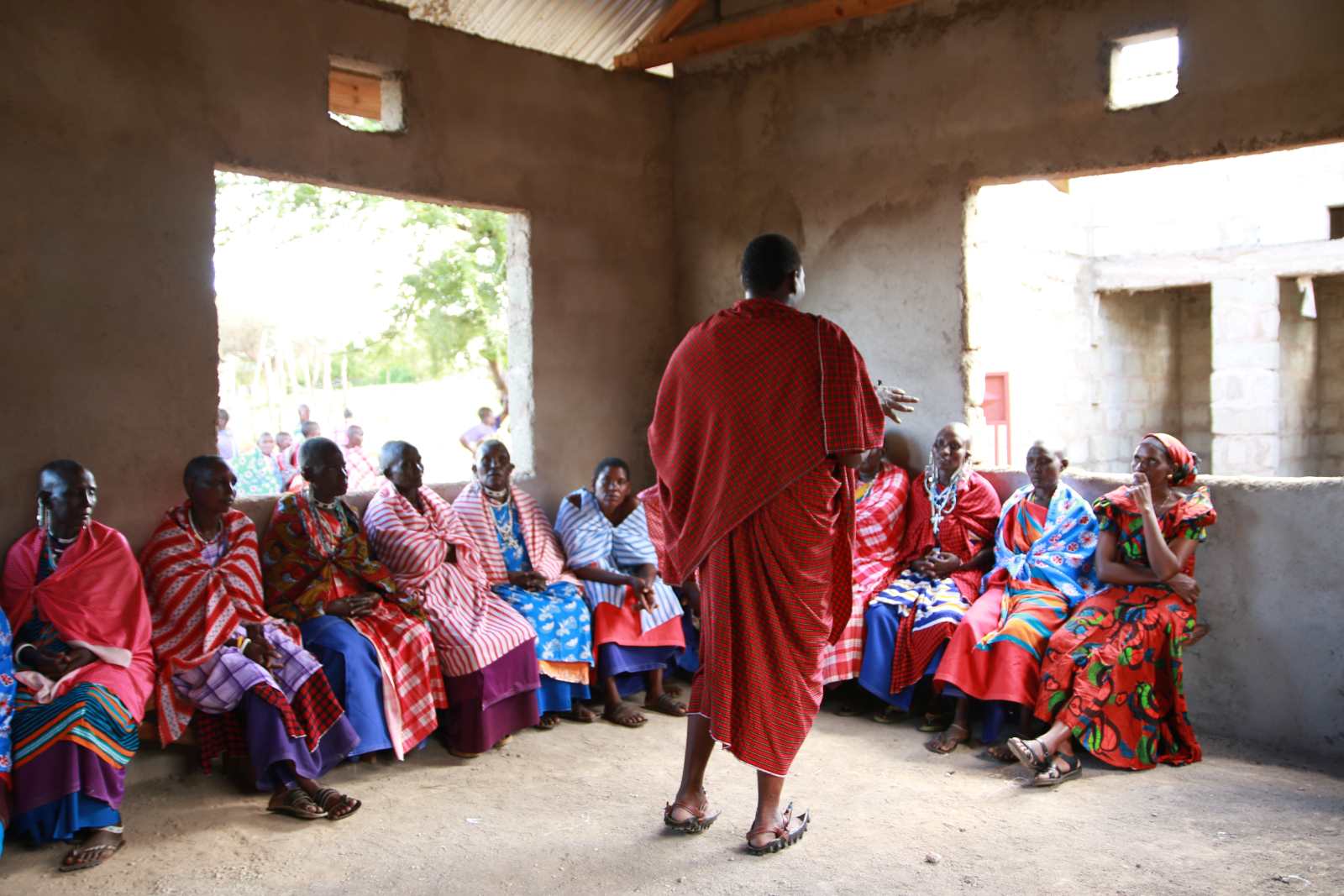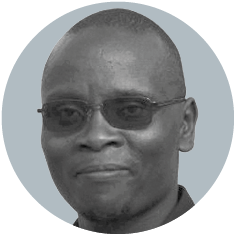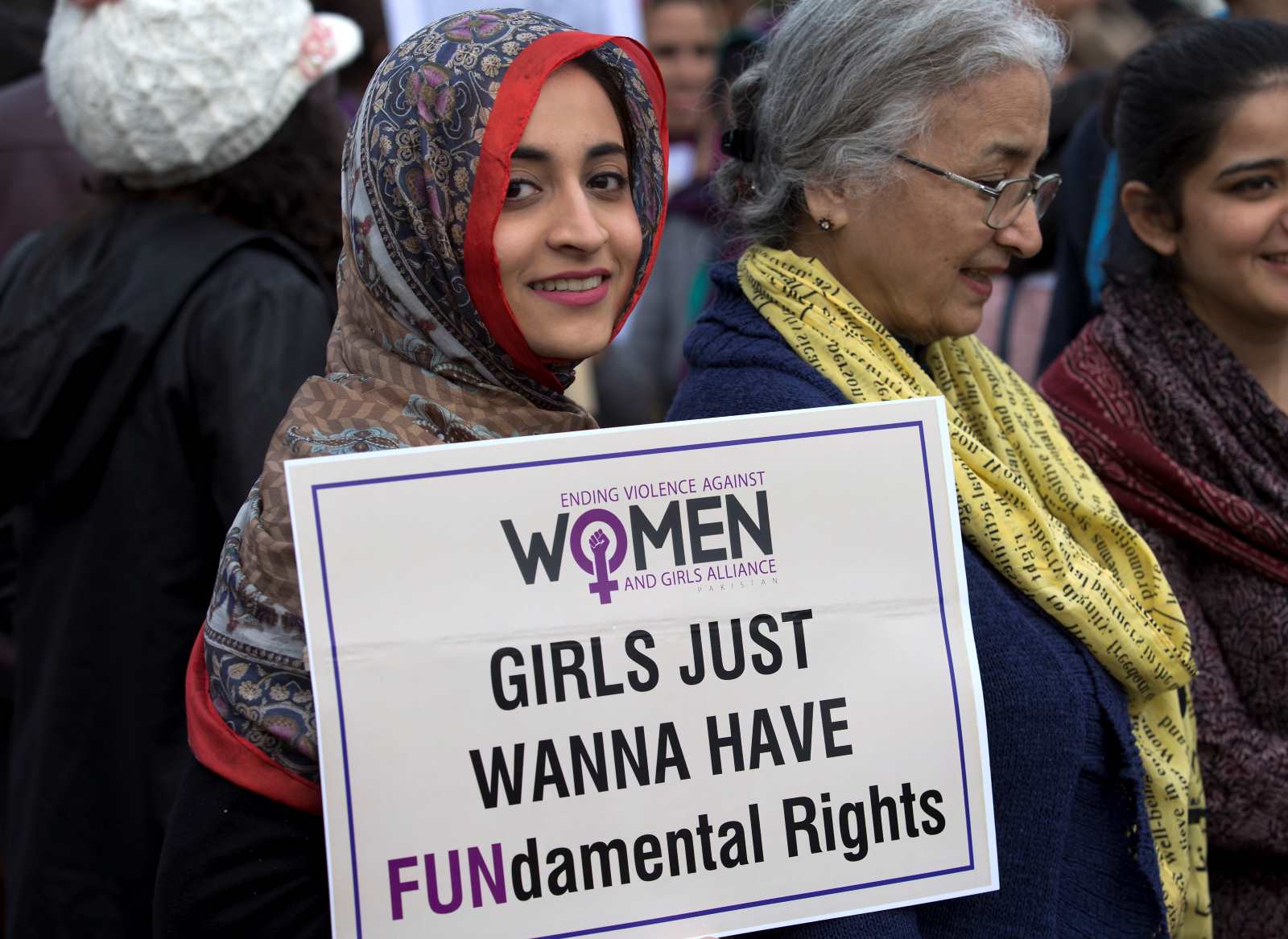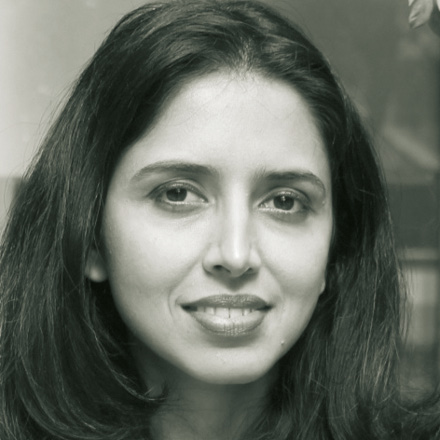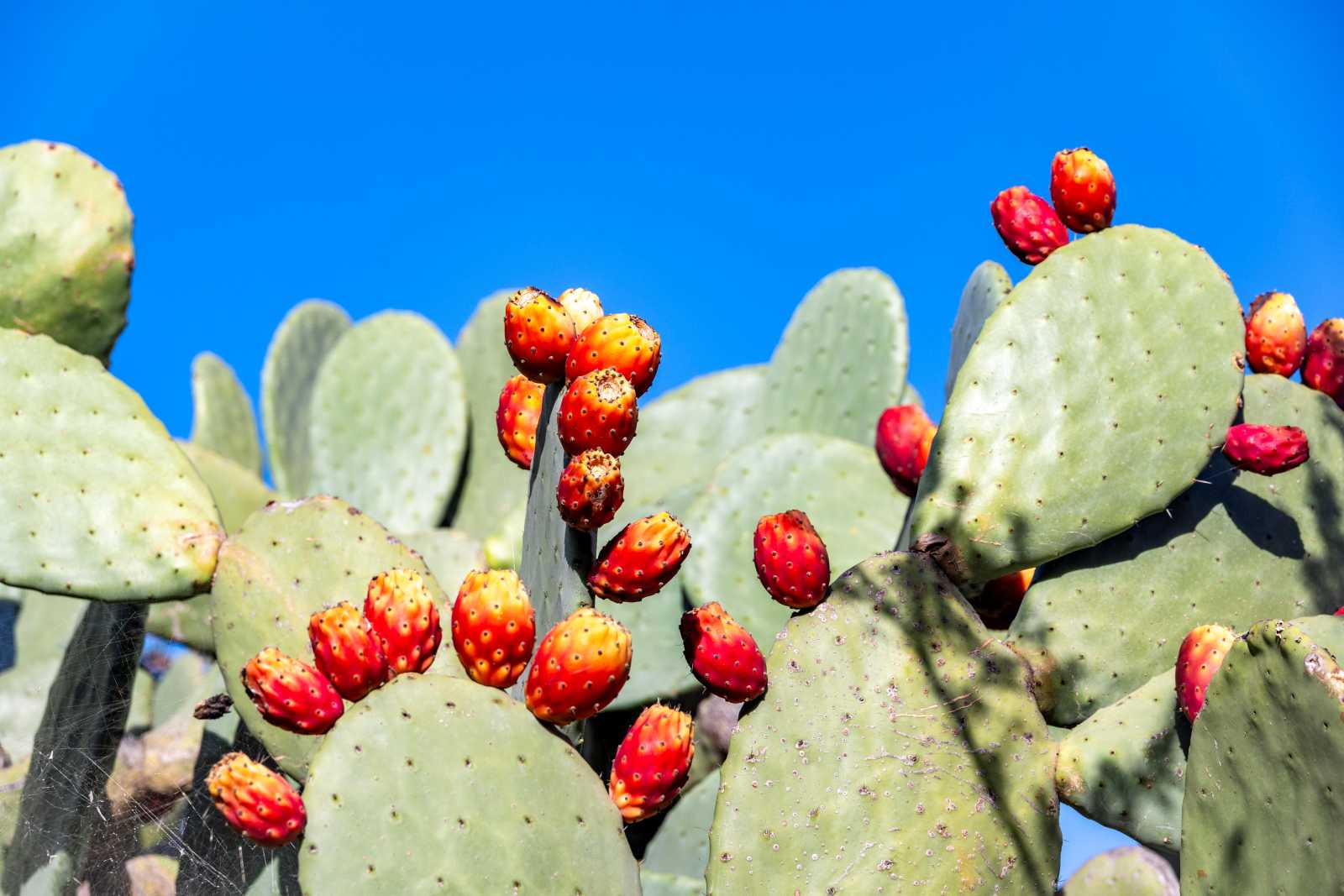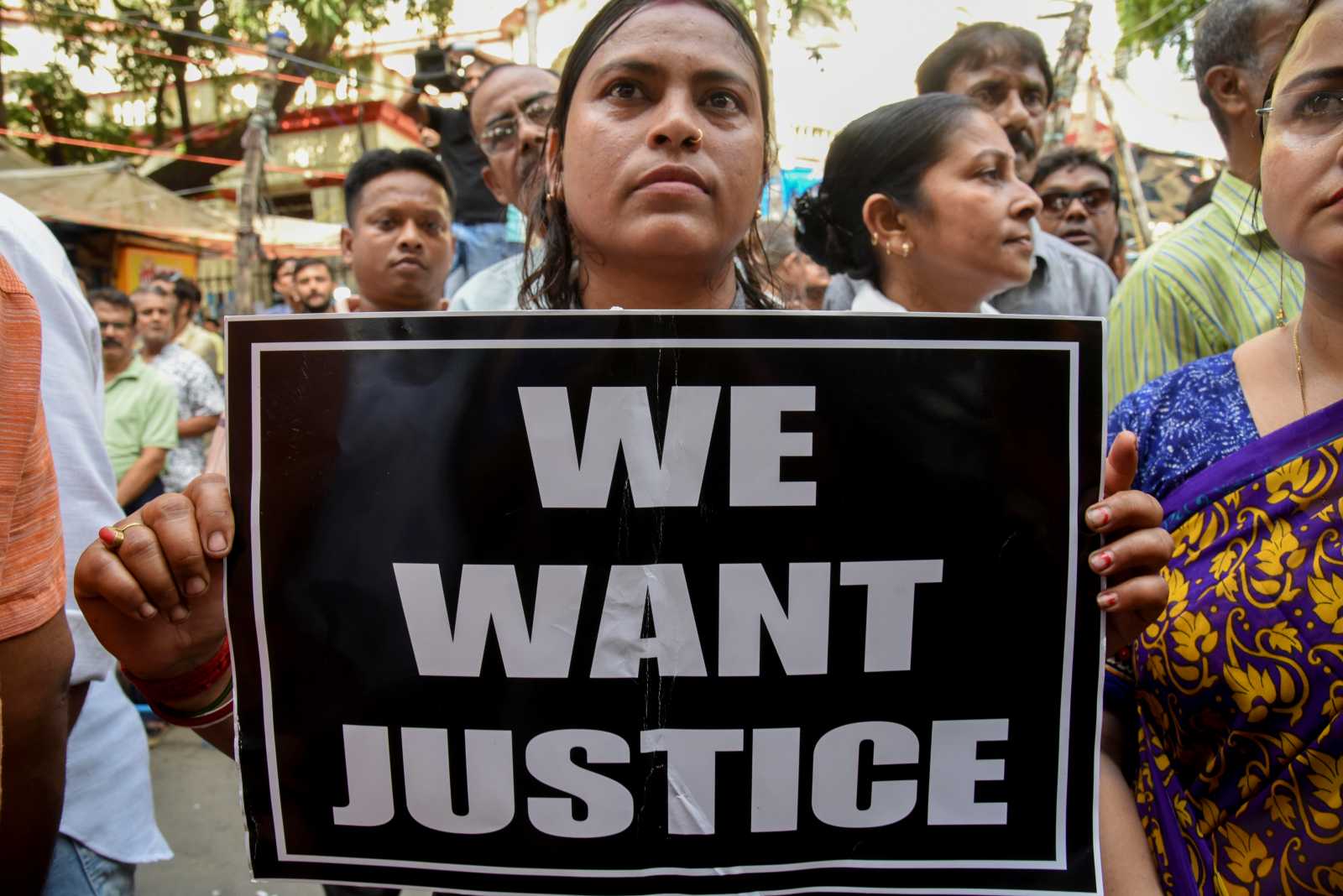State repression
“Not even a criminal should be treated this way”

Several months have passed since Agather Atuhaire and Kenyan activist Boniface Mwangi were abducted by Tanzanian security agents while visiting Tanzania to observe the treason trial of opposition leader Tundu Lissu. Together with Mwangi, Atuhaire has decided to speak publicly about the treatment they experienced during their detention. During a press conference attended by international media in June, they accused the authorities of physical and sexual torture, including rape. Their accounts are supported by documentation from international human-rights organisations and are central to a legal case currently before the East African Court of Justice. Shortly after the abduction, Tanzanian President Samia Suluhu Hassan stated publicly that she would not tolerate foreign activists “invading” and destabilising the country. Mwangi and Atuhaire are suing the government of Tanzania for its alleged involvement. The government denies the accusations.
Tanzania has traditionally been seen by Ugandans as a hospitable country with a progressive constitution. However, the human-rights situation across East Africa has deteriorated significantly. High-profile Ugandan opposition leaders, including Kizza Besigye – who was detained while visiting Kenya – have also been targets of cross-border abductions and intimidation. Ugandan President Yoweri Museveni recently confirmed that two Kenyan activists who had been missing in his country for five weeks had been arrested.
These incidents underscore a broader pattern of repression in the region. Tanzania is in turmoil following elections that, according to the African Union, failed to meet democratic standards. Widespread violence has erupted, with hundreds feared dead. In Kenya, dozens of people have fallen victim to police brutality during anti-government protests for the second consecutive year. In Uganda, restrictions on free speech and assembly have persisted for decades. Journalists frequently face violence, arbitrary detention and legal harassment. According to the 2025 World Press Freedom Index, Uganda ranks 143rd out of 180 countries, Kenya 117th and Tanzania 95th.
Your work as a journalist, lawyer and activist has focused on advancing human rights, public accountability and social justice. Working in solidarity with others, you have helped amplify the voices of marginalised communities. How has your recent traumatic experience of violence in Tanzania changed your perspective on activism and justice?
First of all, it was extremely traumatising. The most traumatising part is – you didn’t even do anything, and yet nothing is done about it. Not even a criminal should be treated this way, there should be laws and due process. Afterwards, I struggled with the sense of powerlessness. There were no consequences, no accountability. People inflict pain and go about their business while victims are left injured and distressed. The only hope was that our ordeal would save others without a platform or voice. But even with a platform, nothing changed, which was shocking and discouraging. There’s much I admire about the cultures of Uganda and Tanzania, but this ordeal revealed just how deeply violence and impunity are embedded in their systems. A friend told me that what happened to us was “business as usual” for Tanzanians, which made me realise the scale of the problem. Our ordeal convinced me of the importance of exposing the reality of Tanzania – particularly the actions of President Samia Suluhu Hassan. She came to power as a symbol of hope for marginalised communities, yet she has failed to represent or protect them. She rules like a dictator.
What is your perspective on President Hassan as a female leader?
I don’t believe in celebrating a woman’s rise to power just for the sake of representation. When I criticise abusive women leaders, I get pushback – even from men saying we should just celebrate women in power. But that is not enough. What matters to me is whether they uphold women’s rights and challenge systemic abuse. In President Hassan’s case, I see little evidence of that. Her approach doesn’t address women’s issues meaningfully and stays within patriarchal norms and practices. Her response to criticism has been disappointing as well. Instead of addressing legal violations through proper channels, she admitted to administrative wrongdoing but deflected responsibility by blaming external actors. This reflects a broader pattern across Africa, where women in leadership positions often replicate existing patriarchal structures. We have women in key positions, but very few are reformers. Many simply continue with abuse or corruption, and that’s not real progress for women.
Your family pursued every possible avenue to persuade the Ugandan government to issue a formal inquiry into your disappearance. The Ugandan High Commission then sent a request to Tanzania’s Criminal Investigation Department. How did your family cope with what happened to you?
I wanted to keep my family out of it, but they suffered the most, especially during the time I was missing. My sister came close to breaking down. My elderly mother, who lives in a village, had to be shielded from the full details of what happened. My youngest son suffered health issues afterwards. He was ill for months, and doctors linked it to stress-related immune issues. My family supported me, and part of my healing involves being close to them – making sure they feel safe again. My children do not fully understand my activism. For them, it’s about seeing their mother treated unfairly. They do not necessarily grasp the entire context.
Uganda’s foreign policy has faced criticism for its lack of effective mechanisms to protect citizens abroad and for its ambiguous use of regional frameworks in addressing injustices. Diplomatic gestures – such as the Ugandan High Commissioner hosting Tanzania’s Deputy Minister of Foreign Affairs and East African Cooperation in Dar es Salaam to celebrate “regional bonds” – seem to have taken precedence, with no mention of your case. Do you feel the Ugandan government has supported you? And what does justice mean to you now?
Up to now, I have not been contacted by the government regarding what happened to me. Justice, in these circumstances, becomes a personal process. Institutional justice is rare, so you learn to find meaning in the steps you can take on your own. It’s difficult, sometimes depressing, to weigh up whether exposing criminals is worth the personal risk. Actions do not always spark solidarity. Not everyone cares or agrees. But I continue to do my bit, because staying silent would make me complicit.
I don’t expect legal redress through domestic institutions. They are too compromised. Still, we have initiated a formal case before the East African Court of Justice and are currently awaiting the court’s hearing date. Although these processes take a long time and are mostly symbolic, they are necessary before you can take cases to international platforms like the UN.
What role does the international community play?
The international community seems less interested in African human rights; priorities have shifted to trade and economics. Africa today is a battleground for influence between the West, China and Russia. Neither China nor Russia show any interest in human rights; their engagement is purely transactional. At the same time, Western funding for democracy and civil society has dropped, and local activists face new transnational threats. Rights defenders are much less safe than before, now that international scrutiny has declined.
Kenyan activists played a key role in publicising your abduction, while civil society in Uganda remained largely silent. To this day, neither the Uganda Human Rights Commission nor the Uganda Law Society – of which you are a member – has issued any public statement of solidarity. What does this say about the state of civil society in Uganda? Are there active movements?
There is a civil society presence in Uganda, but it doesn’t always take a formal shape. What we have is more of an organic movement – people connect informally, attend meetings, and the network grows naturally. We’ve discussed formalising and raising funds, but for now, it’s informal and still impactful. I’ve seen real progress over the past two years, especially through social media. What used to be a space for casual conversations has become a powerful tool for organisation and public education. It’s particularly effective among young people. The focus is now on sharing accurate information and engaging people in a way that transforms them from passive observers into active participants.
Agather Atuhaire is a Ugandan lawyer, journalist and human-rights activist renowned for her investigative reporting on corruption and governance. She leads the AGORA Center for Research and has received international recognition, including the EU Human Rights Defenders Award in 2023 and the 2024 International Women of Courage Award by the US Department of State.
euz.editor@dandc.eu

